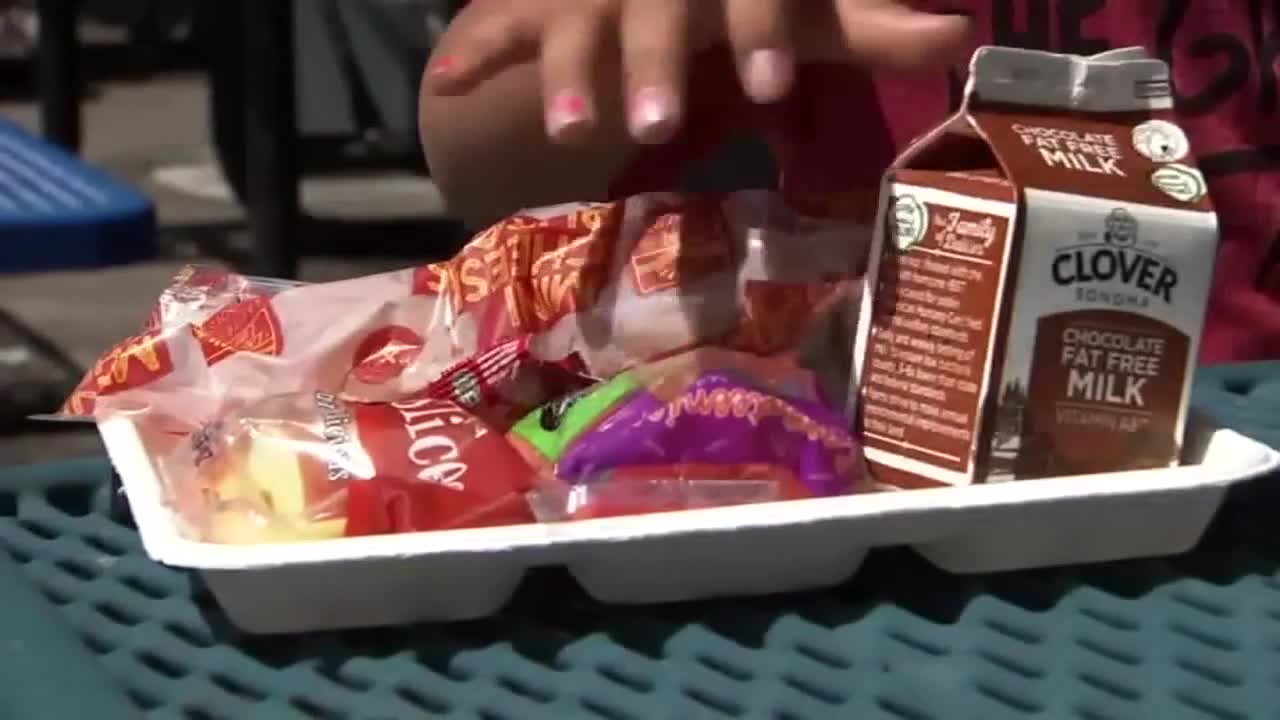LAFAYETTE, La. — Louisiana is among several states re-evaluating the food served in school cafeterias.
According to Bill Track 50, this bill addresses nutrition and food during school hours. For public and state-funded nonpublic schools, the bill prohibits serving food or beverages containing 15 specific ingredients, including various artificial colors (like Blue dye 1 and Red dye 40), preservatives (BHA and BHT), artificial sweeteners (Aspartame and Sucralose), and chemicals like Azodicarbonamide. Schools are also required to purchase locally produced food when possible.
State Senator Patrick McMath (R-District 11) emphasized the increasing national focus on nutritional health.
"The nation is waking up to the importance of what we are putting into our body and what we are surrounding ourselves with," he said during a meeting.
KATC spoke with Pediatric Registered Dietitian Dylan Camardelle at Our Lady of Lourdes about the push to improve the way students eat.
“This is a local, statewide approach to a national movement to reduce processed and ultra-processed foods in our school lunch and breakfast programs,” he explained. “It's health promotion; it's a public health intervention.”
Camardelle also says SB 14 could help improve nutrient-dense diets for students.
The 15 ingredients, additives, or dyes would be banned from breakfast and lunch menus.
Senator McMath noted that the objective is to prioritize young students’ health.
“Eighteen percent of teens have fatty liver disease, nearly 30 percent of teens are pre-diabetic, and over 40 percent are overweight or obese,” he said. “These are teenagers.”
Camardelle highlighted that the change would hopefully incorporate more fruits and vegetables while reducing fats and added sugars.
“The processing of these foods and things that are served in the cafeteria— they will have more whole nutrients, more whole grains, and more whole cuts of meat. It won’t be processed 50 times,” he stated.
Additionally, the bill mandates that certain medical professionals (advanced practice registered nurses and physicians in various specialties) must complete one hour of continuing education on nutrition and metabolic health every four years.
The bill requires food manufacturers to label products containing over 40 specific ingredients with a QR code linking to detailed ingredient information, and mandates that food service establishments inform customers about the potential use of seed oils in their menu items.
The bill's provisions will be implemented in stages, with school-related changes beginning in the 2028-2029 school year, continuing education requirements starting in January 2026, and food labeling requirements taking effect in January 2028.
To read that bill, click here.




